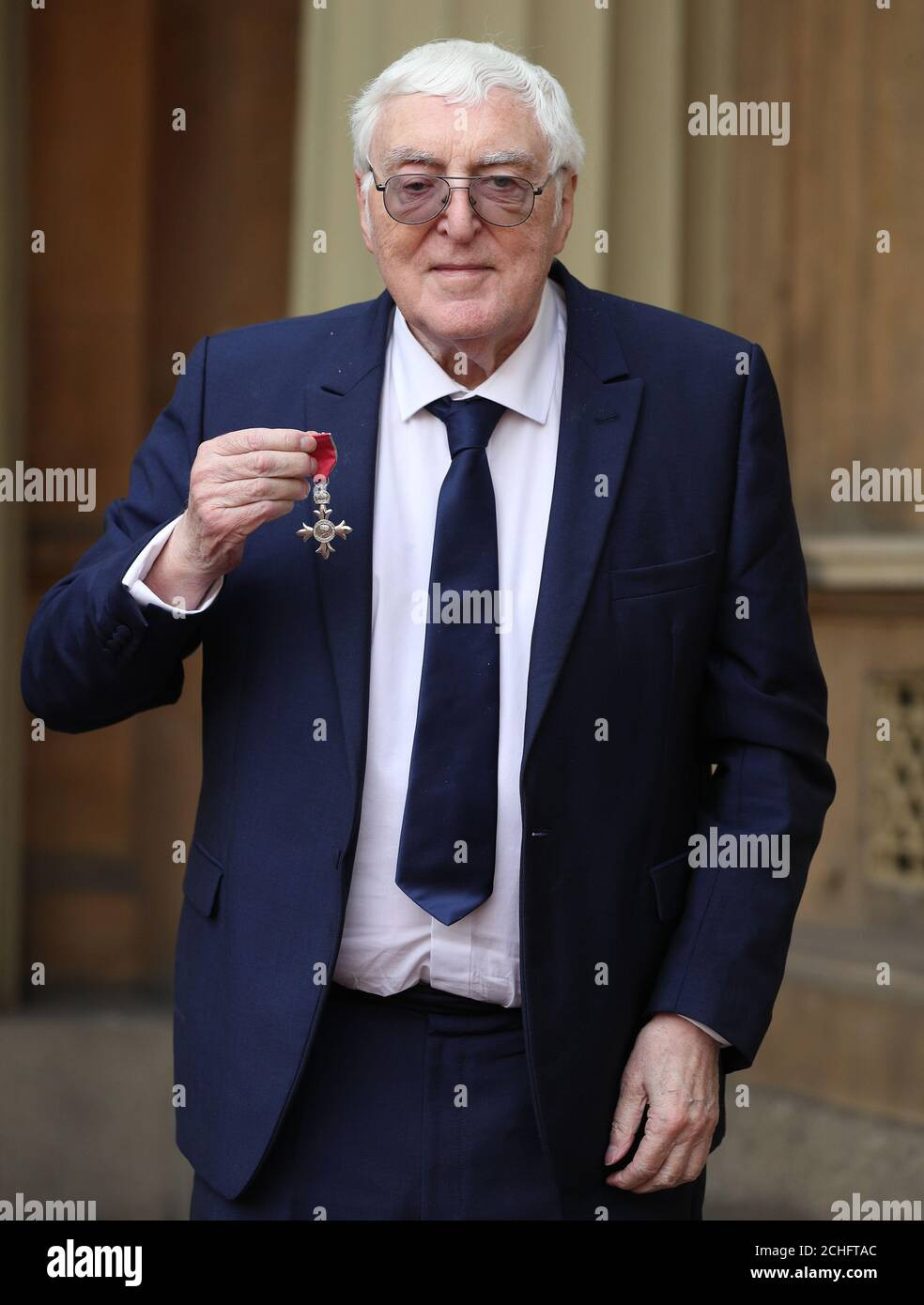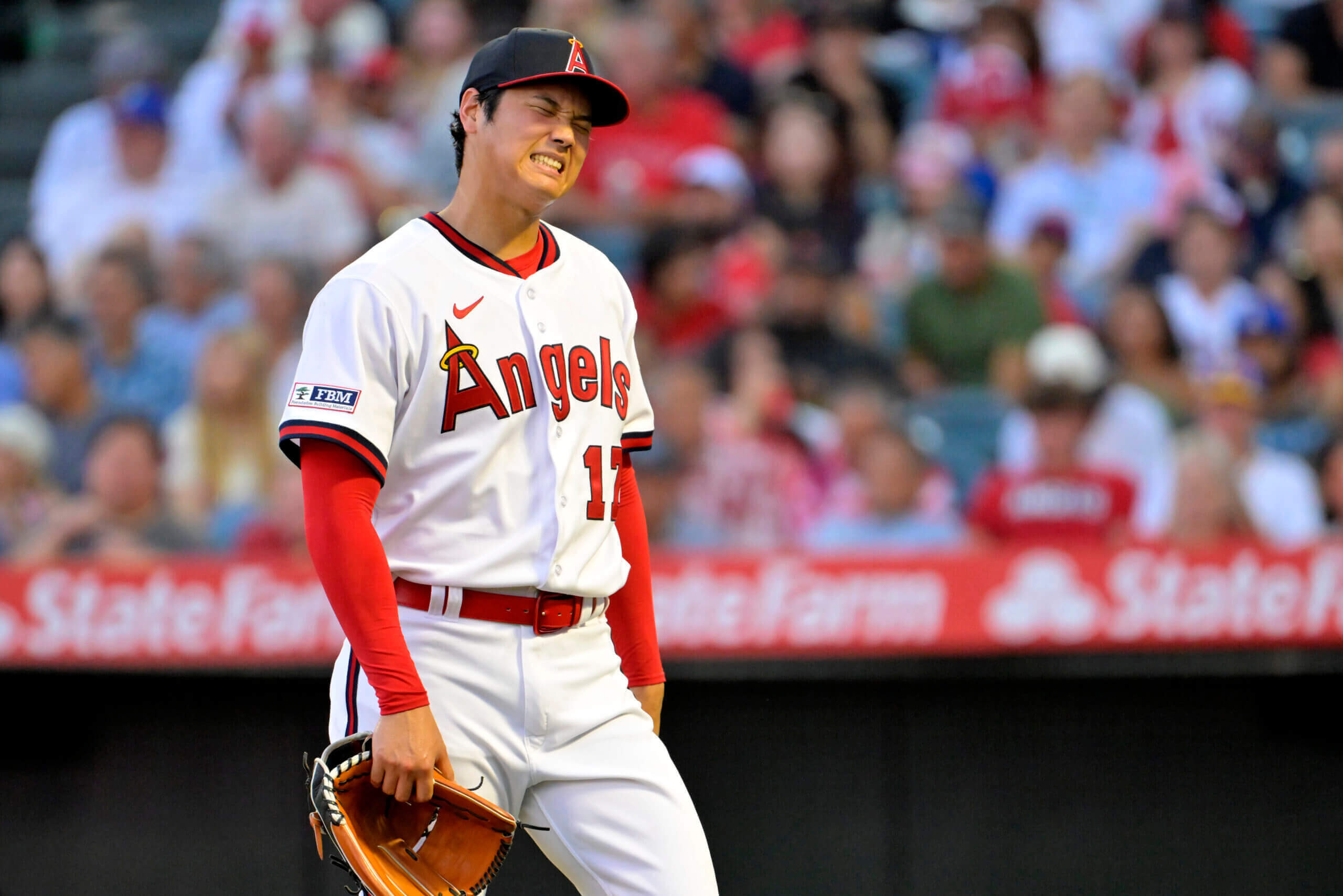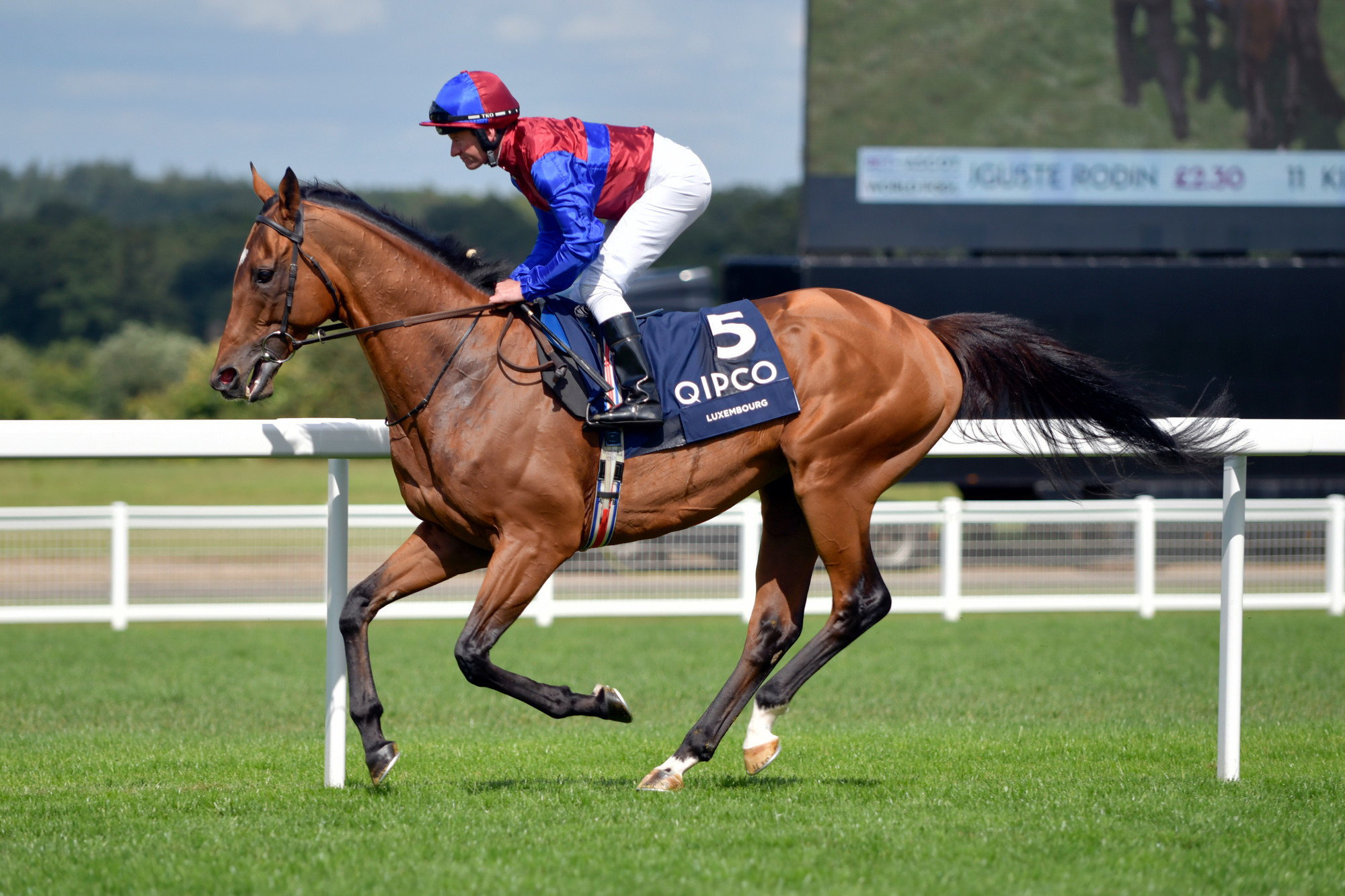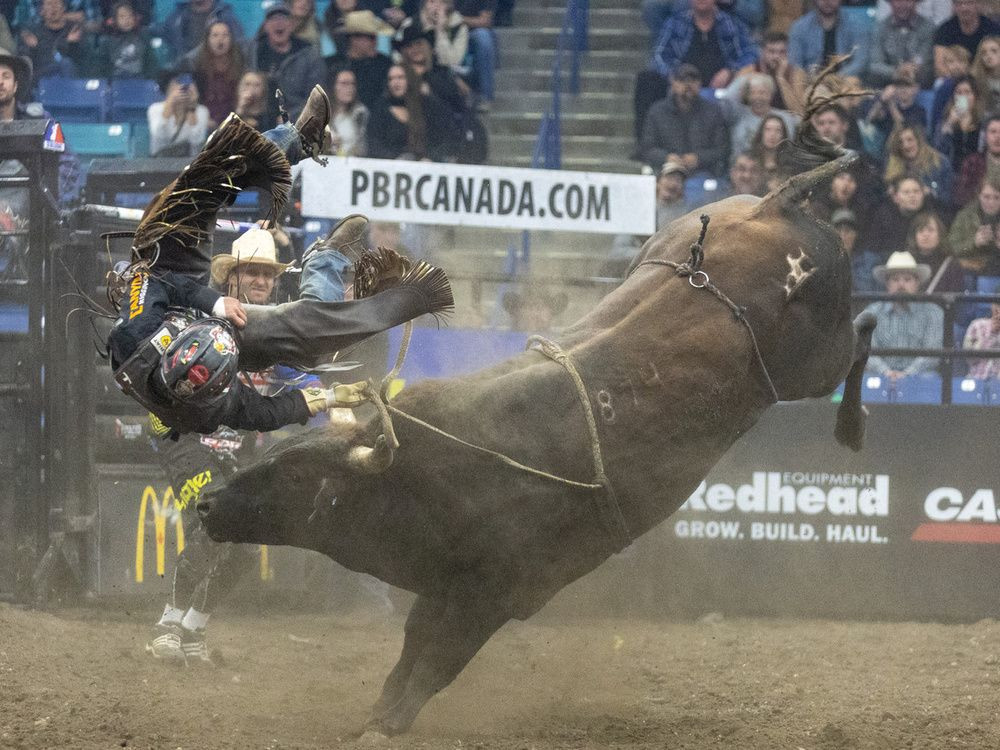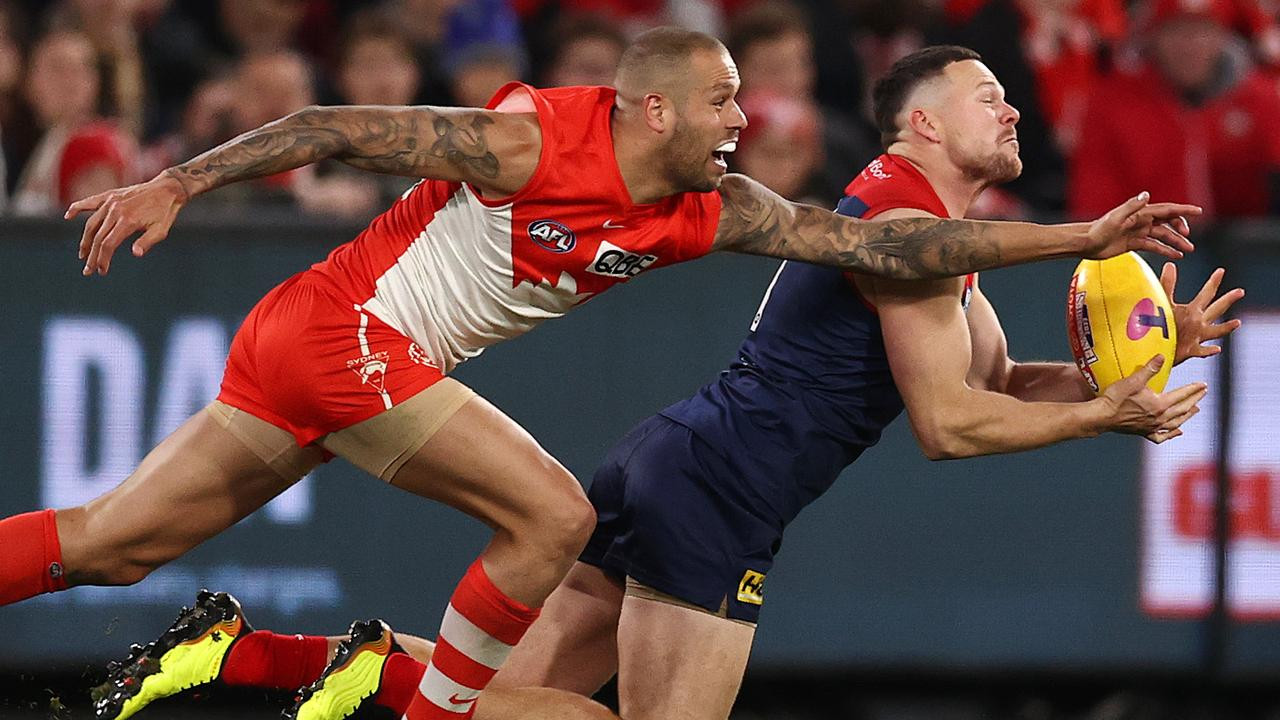Clive Everton, a much-loved snooker commentator for many years at the height of the sport’s popularity, has died at the age of 87. He was a commentator on the BBC from 1978 to 2010, working alongside Ted Lowe and Jack Karnehm in the boom years of the 80s, and became the leading commentator in the 1990s. He also wrote for the Guardian and Observer for many years.
Dennis Taylor, the 1985 world champion, paid tribute to Everton, saying: “He was a wonderful commentator who was a pleasure to work with,” while the World Snooker Tour described him as “one of snooker’s greatest ever commentators and voice of the sport” amid condolences to his family.
Neil Robertson, another former world champion, added: “So sad. A voice I had heard many times from when I used to get video tapes of snooker sent to Australia as a kid. Meeting and have him commentate on my first televised matches meant so much. It made me feel part of the snooker family. Clive I’m sure was an inspiration to many of the great commentators we have today and warmed the hearts of millions watching at home. RIP.”
The 1997 champion, Ken Doherty, told ITV Sport: “He was an iconic voice and a great wordsmith. People hung on to every word he said. He was great at finishing off frames and building the drama – that’s what great commentators do, and he was one of the best we ever had.”
Shaun Murphy, who won at the Crucible in 2005, described Everton as “snooker broadcasting royalty”, adding it was an “amazing twist of irony that players are competing this week for a trophy named in his honour. Impeccable timing until the end.”
Everton was a talented sportsman. He won junior titles in English billiards and won the Welsh billiards title several times. He was runner-up in the English amateur billiards championship five times and twice a semi-finalist at the world amateur championship in the 1970s.
In snooker he turned professional in 1981 and achieved a highest ranking of world No 47 in his 10 years as a pro. He reached a peak of world No 9 in the professional billiards rankings and even in his 60s he remained in the top 20.
Everton was born in Worcester in 1937 and attended King’s school, Worcester, City of Birmingham College of Commerce and Cardiff University, where he obtained a BA in English. After graduating he taught at Halesowen College of Further Education, before making a career change into freelance journalism.
He worked as a sports reporter covering tennis, badminton, hockey and squash. He was editor of the magazine Billiards and Snooker from 1966 to 1971, and from 1972 the magazine Snooker Scene (he continued as editor until September 2022). He was also the author of 20 books about cue sports.
But he was best known as a television snooker commentator during the late 70s and the 80s when figures such as Alex “Hurricane” Higgins, Ray Reardon, Steve Davis and Jimmy White took the sport to new levels of popularity. Working alongside the legendary “Whispering Ted” Lowe and Karnehm, Everton was known for his astute comments and for his knowledge and love of the game. He became the BBC’s leading commentator in the 1990s, but in 2009 and 2010 his role was reduced as the BBC gave more prominence to the former players Steve Davis, Ken Doherty and Stephen Hendry in its commentary team.
He was the Guardian’s snooker correspondent from 1976 until 2011, noted for his concise, accurate and informative reports. Everton was also appointed MBE in the 2019 birthday honours for services to snooker.
A Legend Is Lost: Clive Everton and the Golden Age of Snooker
The passing of Clive Everton marks the end of an era for snooker. He was not just a commentator, but a historian, a chronicler, and a passionate advocate for the sport he loved. He dedicated his life to snooker, covering its evolution from a niche pursuit to a global phenomenon, witnessing the rise and fall of legends, and chronicling its most historic moments.
Everton was a true Renaissance man. He was a talented player, reaching a peak ranking of 47th in the world. But his true legacy lies in his contributions to snooker off the table. He was a prolific writer, an editor of the prestigious Snooker Scene magazine for over 50 years, and a respected commentator for the BBC and other networks.
The Voice of Snooker
Everton's commentary was renowned for its understated elegance, his concise use of language, and his deep understanding of the game. He never spoke just to fill the airwaves. Each word was chosen carefully, reflecting his meticulous nature and his profound respect for the game.
He had a knack for capturing the essence of a moment, turning a tense final frame into a gripping narrative, or encapsulating a player’s brilliance with a single well-placed phrase. His voice became synonymous with snooker, guiding viewers through countless thrilling matches, and shaping their understanding of the sport.
Beyond the Commentary Box
Everton was more than just a commentator. He was a champion for snooker, a tireless advocate for its growth and development, and a critical voice within the sport's governance. He was a fierce defender of the game’s traditions, but also a progressive thinker, always pushing for transparency and change.
His influence extended beyond the snooker table. He was a respected journalist, contributing to major newspapers like The Guardian, and later the Independent on Sunday. He wrote more than 20 books on cue sports, offering his insights and expertise to a wider audience.
A Legacy of Passion
Clive Everton’s passion for snooker was infectious. He inspired a generation of commentators, writers, and fans. His legacy will continue to be felt for generations to come, through the countless matches he commentated, the countless articles he wrote, and the countless young players he encouraged and mentored.
He leaves behind a void that will be difficult to fill. But his voice, his words, and his legacy will continue to resonate with snooker fans around the world, reminding them of the sport’s rich history and the enduring power of passion.
A Life Well Lived
Clive Everton's life was a testament to the power of dedication, passion, and a love for the game. He was a true snooker legend, a champion for the sport, and a voice that will be forever remembered. His passing marks a significant loss for snooker, but his legacy will continue to inspire and shape the game for years to come.




